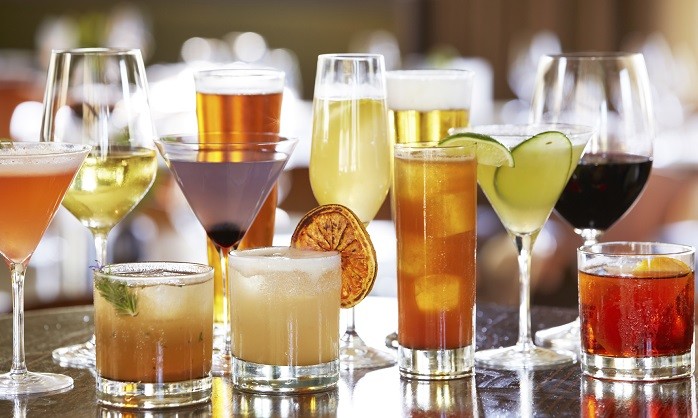
On 25 September 2025, the European Commission hosted a Reality Check workshop to examine excise duty exemptions for ethyl alcohol. The rules are clear: exemptions do not apply to alcoholic beverages. They do, however, cover alcohol used in flavours, aromas, cosmetics, medicines, or industrial products, making them particularly relevant for spirits producers expanding into non- and low-alcohol portfolios.
Discussions highlighted that national divergences in applying exemptions create uncertainty, extra costs, and barriers to cross-border trade. Differences were apparent not only in B2C sales but also in how goods are classified under the EU excise directive. A striking point raised during the workshop was that, for some producers, exporting outside the EU can be easier than moving goods within the Single Market.
The flavours sector emphasised the need for clearer definitions, especially around samples and semi-finished goods, while many participants supported a VAT-style one-stop shop to simplify B2C operations. Breakout sessions allowed different sectors to discuss their specific challenges, and a broader study on excise exemptions is already underway, though the exact scope of the study remains to be confirmed.
Some businesses also reported liability risks for excise duties despite holding valid authorisations, underscoring the lack of harmonisation across Member States. A dedicated report summarising the workshop will be published soon by the Commission, and we continue close dialogue with the European Flavour Association to ensure the needs of flavour and aroma users are properly represented.
For spirits producers, the takeaway is clear: excise exemptions do not cover finished alcoholic beverages, but they remain crucial for non- and low-alcohol innovation, helping ensure competitiveness, compliance, and smoother intra-EU trade.